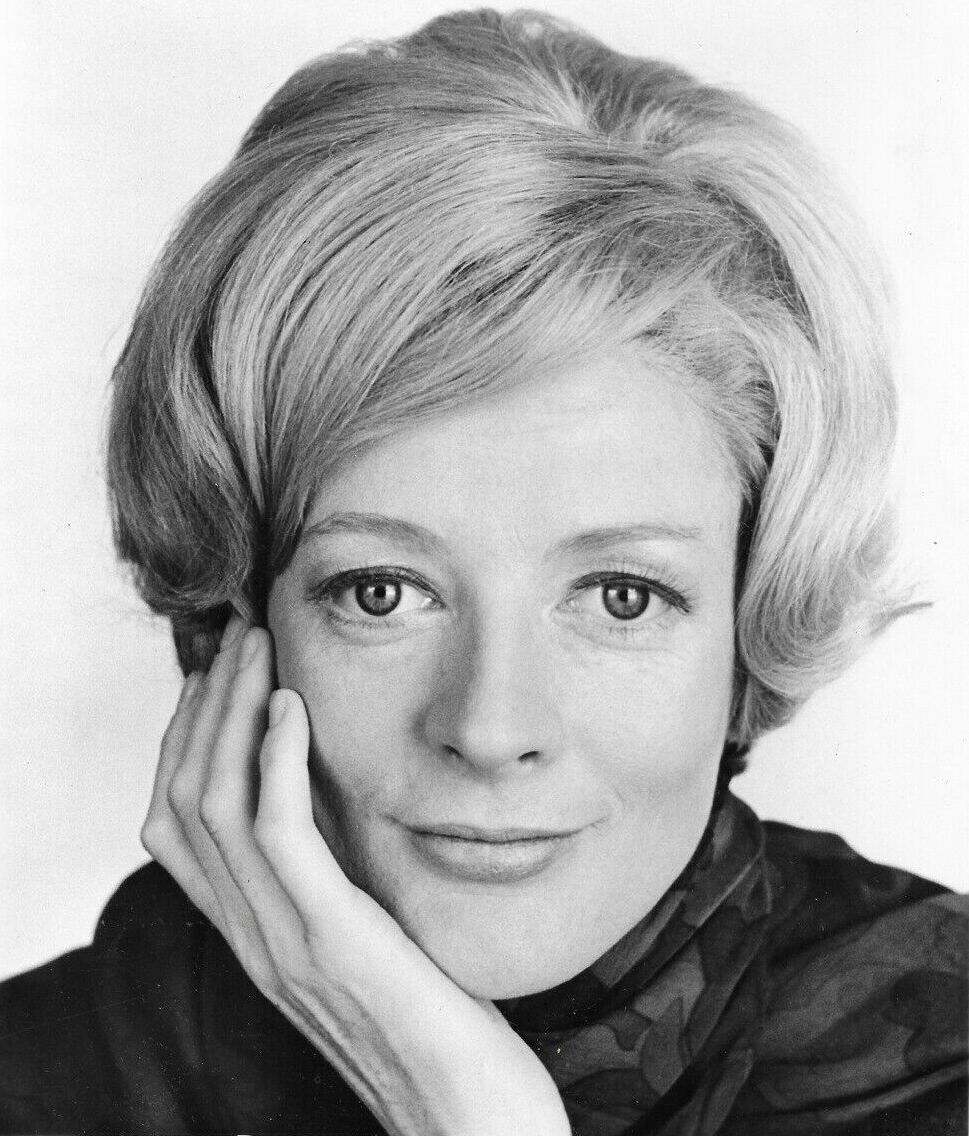El Jefe’s Taqueria founder’s life story creates restaurant success across Boston
John Schall, 70, is the owner of El Jefe’s, a fast-casual Mexican burrito chain with locations on college campuses throughout the Northeast — including on Huntington Avenue.
December 2, 2021
The line at El Jefe’s Taqueria stretches to the door. It’s 1:40 a.m., the wee hours of Sunday morning, and droves of college students wait eagerly for their late-night burritos.
This is the brainchild of John Schall, the latest creation in a wild career that’s taken him from Marxist economics to waste management policy to restaurant entrepreneurship.
Schall, 70, is the owner of El Jefe’s, a fast-casual Mexican burrito chain with locations on college campuses throughout the Northeast — including on Huntington Avenue. Schall’s elaborate career path reflects an ambitious and self-confident entrepreneur unafraid to bet on himself and take bold risks.
After graduating from the University of Massachusetts Amherst’s radicalized 1970s economic department, he co-founded South End Press, an egalitarian Boston newspaper in 1976. Needing to make a sustainable living, Schall shifted toward waste management research and policymaking in the 1980s, rising to become Massachusetts’ first recycling director in 1984 and later a graduate professor of waste management policy at Yale University.
Schall’s career came to a crossroads with a job he didn’t ultimately receive. He’d accepted the role of vice president of recycling operations at USA Waste, the third largest solid waste company in America, and had already shipped his belongings to Dallas, Texas in preparation for his new job.
“Literally on the way there, they discovered I had this radical background,” Schall said. “Because they went to Wall Street and places like that, having a guy that came out of a Marxian economic department didn’t seem like a good idea to them… so they rescinded the offer.”
After USA Waste’s 11th-hour rejection, Schall decided he was yet again ready for new ambitions. As Schall describes it, he was at lunch with a friend at a Mongolian Barbecue restaurant in Ann Arbor, Michigan in 1996 when an idea dawned on him: Schall should open a restaurant just like the one he was dining at, except he could make it bigger and better.
“I don’t think of myself as having a short attention span,” Schall said. “But it seems in my life that I’ve had a six or seven year attention span, and once things are up and running, it’s sort of like, ‘Alright, what’s next?’”
Schall’s entrepreneurial mind took over, crafting the foundation for his new career in real time. “I spent the next 20 minutes grilling the wait staff and wrote everything down on a napkin, and that was the initial idea for Fire and Ice,” Schall said.
The restaurant business was a dramatic transition from the waste management industry. But to Schall, it all clicked. “When I sat there in that restaurant that day, I thought, ‘This could be huge,’ and I could sell it one day and fund the kind of work I want to do myself.”
The drastic and sudden career shift took those closest to Schall, like his son Justin, by surprise. “My dad basically had this midlife crisis,” Justin Schall said. “And we were like ‘Dad, do you really need to open a restaurant?”
But despite having zero experience or background in the restaurant business, just 11 months after that lunch in Ann Arbor, Schall opened the first Fire and Ice in Harvard Square alongside business partner Jim Miller. Fire and Ice was a 250-seat destination barbecue restaurant described by the Boston Globe as “Mongolian barbecue turned up to 11.” Fire and Ice opened to massive fanfare and was an immediate smash hit, and within four years, two additional locations opened.
But Schall’s grand vision of a Fire and Ice empire never materialized. After exiting the company in 2000 due to turmoil in the company’s executive ranks, Schall returned to Fire and Ice in 2007 to operate his initial Harvard Square location. Although operating the singular location made Schall a decent living, by 2015, his ambitions had yet again taken him elsewhere.
“You have to know when things are over, when it’s time to do something else. And I knew Fire and Ice had run its course,” Schall said.
Schall’s next venture remained in the restaurant business, but shifted focus. He opened the first El Jefe’s Taqueria just steps from Fire and Ice in Harvard Square, focusing on late night service and flat-rate pricing. Without a background in Mexican cuisine, Schall turned to a trusted source for recipes: Fidencio Saavedra, a cook at Fire and Ice for eight years under Schall. Saavedra is Mexican American, and his roots are crucial to the authentic quality of El Jefe’s food.
“All of what we cook at El Jefe’s is from Fidencio and passed down from generations of his family recipes,” Schall said.
El Jefe’s, like Fire and Ice before it, was successful from the start. But this time, Schall was committed to running a company that would grow organically and empower his employees. Andres Lysandroupolos began 15 years ago as a Fire and Ice dishwasher, and is now general manager of El Jefe’s Bethelhem, Pennsylvania, location. Twin brothers Fernando Cesario Sanchez and Cesario Fernanado Sanchez have worked for Schall since 1997, rising through company ranks to managerial roles.
“It’s like I got a second bite at the apple,” Schall said.
But Schall feels his success with El Jefe’s has come full circle. He continues to work on initiatives and passion projects, like battling what he called an “oligopoly” of third-party delivery services like UberEats and DoorDash. During the climax of the restaurant industry’s economic struggles in April 2020, Schall published an op-ed in the Boston Globe advocating for regulation of delivery app fees.
It’s clear that advocacy and public policy remains a huge part of Schall’s identity, despite working in the private sector and restaurant business for 25 years.
Schall projects El Jefe’s will earn $25 million in revenue in 2022, its biggest year to date. It will open its seventh and eighth locations next year on the campuses of Boston University and the University of Pittsburgh. On Northeastern’s campus, El Jefe’s has developed a loyal customer base.
“Everyone on campus knows about El Jefe’s,” said Michael Hutchinson, a first-year student in the Explore program. “Especially on weekends at night the place is packed.”
The overwhelming success of El Jefe’s validates Schall’s belief in the concept, and his bold venture into the restaurant industry 25 years ago. “It works,” he said with a grin. “We know the concept works.”
As Schall reaches the twilight stage of his career, he’s unsure how much further he wants to take El Jefe’s. His son Justin Schall is responsible for overseeing the marketing operations of the company, and he will likely delegate more work as he nears retirement age. But after a career of what-ifs and the constant desire to create something new, Schall views El Jefe’s with a sense of finality.
“A lot of people are benefiting from the success of El Jefe’s,” Schall said. “And it’s really great to see it all in the end.”







